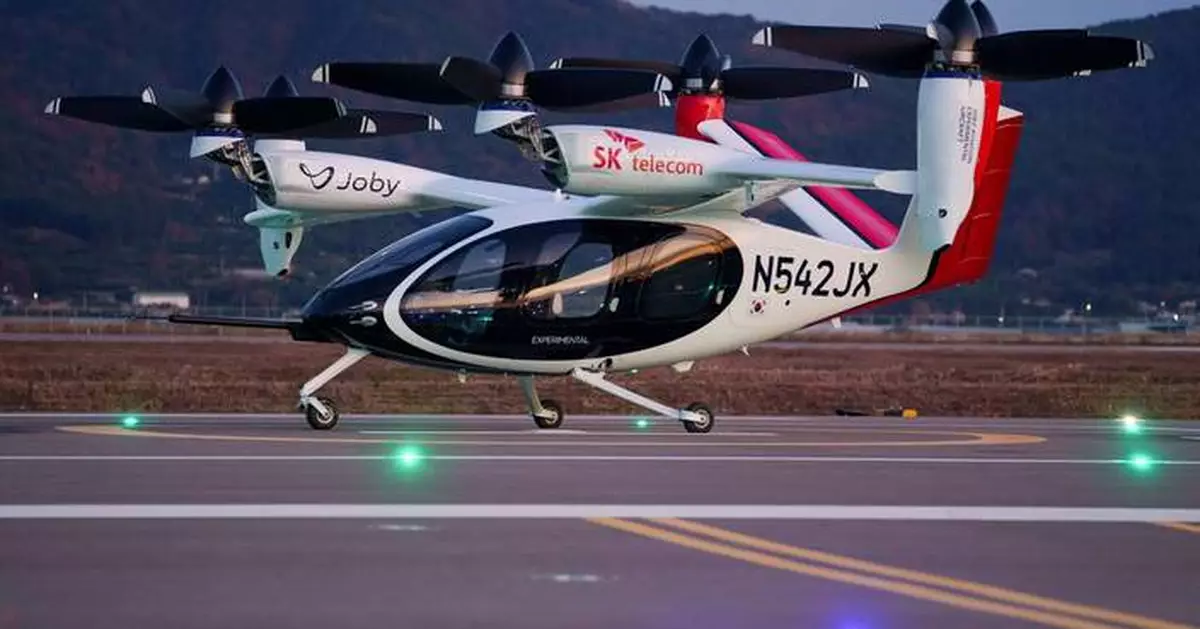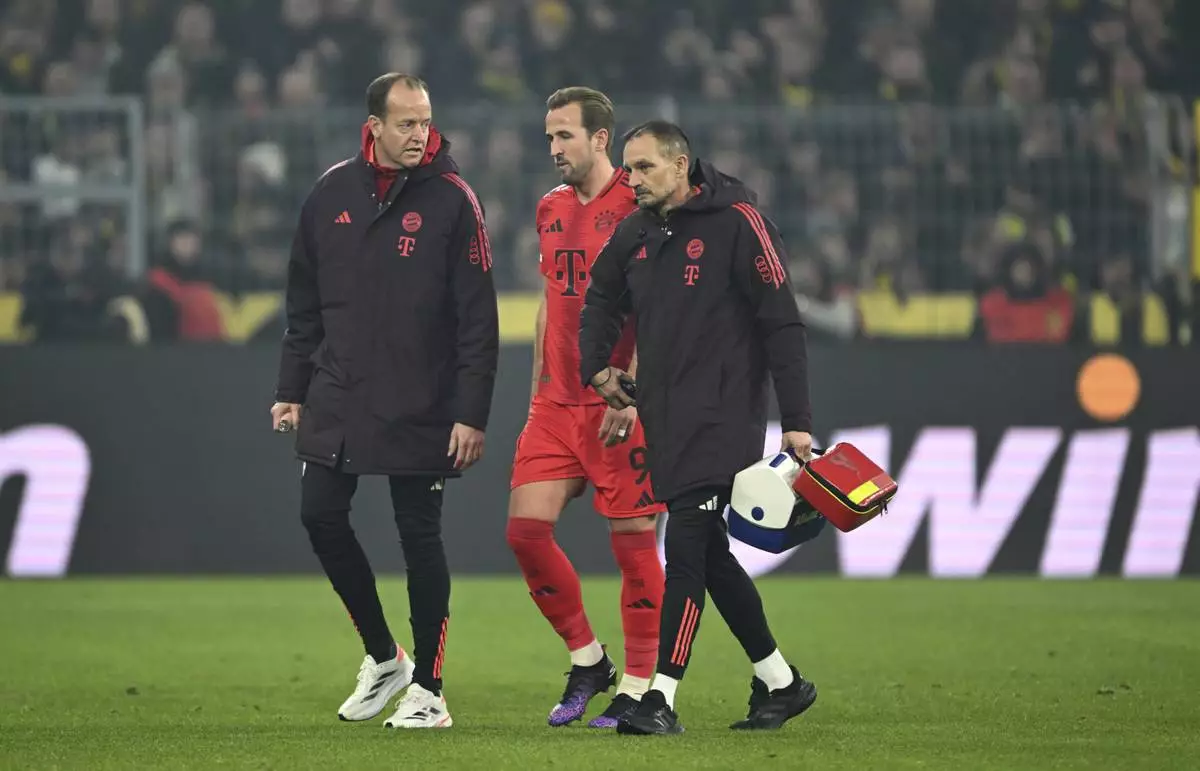SANTA CRUZ, Calif. & GOHEUNG, South Korea--(BUSINESS WIRE)--Dec 13, 2024--
Joby Aviation, Inc. (NYSE:JOBY), a company developing electric air taxis for commercial passenger service, today announced it has successfully completed a series of flight tests in Korea as part of the K-UAM Grand Challenge.
This press release features multimedia. View the full release here: https://www.businesswire.com/news/home/20241213126611/en/
Joby is the first electric air taxi company to complete flights as part of the program, which was launched in 2023 by Korea’s Ministry of Land, Infrastructure and Transport (“MOLIT”) to support the commercialization of air taxis in the Korean market.
Over the course of a week, Joby successfully completed a range of missions demonstrating various flight profiles and conditions, including fully wing-borne flight. Joby also demonstrated its capability to collaborate on aircraft operations with potential Korean partners ahead of future commercialization in the country.
“Completing our first flights in Korea marks a significant milestone towards launching operations in the Korean market, where our service has incredible potential to save people time and improve connectivity in densely populated cities like Seoul and more remote areas like Jeju Province, where natural barriers complicate ground transportation,” said JoeBen Bevirt, Founder and CEO of Joby.
Joby is participating in the Grand Challenge as part of the “K-UAM Dream Team,” a consortium that includes SK Telecom, Hanwha Systems, TMAP and Korea Airports Corporation, which operates the vast majority of airports in Korea.
Hyung Pil Jun, Assistant Minister of Mobility and Motor Vehicles Bureau for the Korean government, commented: “Through the Grand Challenge, Joby Aviation, along with the K-UAM Dream Team including SKT, is showcasing the next generation of world-leading aviation capabilities by combining their world-class eVTOL aircraft with the Korean industry's technology on flight control, traffic management, and vertiport operations.”
The flights, completed at the Goheung Aviation Test Center in South Jeolla Province, will culminate with a celebratory event on December 14, hosted by MOLIT, during which the quiet acoustic footprint of Joby’s aircraft will be demonstrated in front of more than 200 guests, including representatives from Korean and U.S. government agencies.
Joby continues to lead the air taxi industry towards certification of its electric air taxi with the U.S. Federal Aviation Administration (“FAA”) and recently rolled its fourth production prototype aircraft off the Company’s manufacturing line in Marina, California. Korea is the third country in which Joby has received an airworthiness certification for demonstration and flight testing, following similar approvals in the United States and Japan.
The Joby electric air taxi is designed to carry a pilot and up to four passengers at speeds of up to 200 mph, offering high-speed mobility with a fraction of the noise produced by helicopters and zero operating emissions.
About Joby
Joby Aviation, Inc. (NYSE:JOBY) is a California-based transportation company developing an all-electric, vertical take-off and landing air taxi which it intends to operate as part of a fast, quiet, and convenient service in cities around the world. To learn more, visit www.jobyaviation.com.
Forward-Looking Statements
This press release contains “forward-looking statements” within the meaning of the “safe harbor” provisions of the Private Securities Litigation Reform Act of 1995, including but not limited to, statements regarding the development and performance of our aircraft, the growth of our manufacturing capabilities, our regulatory outlook, progress and timing; our business plan, objectives, goals and market opportunity; potential markets for our commercial service, including the Korean market; and our current expectations relating to our business, financial condition, results of operations, prospects, capital needs and growth of our operations, including the expected benefits of our vertically-integrated business model. You can identify forward-looking statements by the fact that they do not relate strictly to historical or current facts. These statements may include words such as “anticipate”, “estimate”, “expect”, “project”, “plan”, “intend”, “believe”, “may”, “will”, “should”, “can have”, “likely” and other words and terms of similar meaning in connection with any discussion of the timing or nature of future operating or financial performance or other events. All forward looking statements are subject to risks and uncertainties that may cause actual results to differ materially, including: our ability to launch our air taxi service and the growth of the urban air mobility market generally; our ability to produce aircraft that meet our performance expectations in the volumes and on the timelines that we project; complexities related to obtaining certification and operating in foreign markets; the competitive environment in which we operate; our future capital needs; our ability to adequately protect and enforce our intellectual property rights; our ability to effectively respond to evolving regulations and standards relating to our aircraft; our reliance on third-party suppliers and service partners; uncertainties related to our estimates of the size of the market for our service and future revenue opportunities; and other important factors discussed in the section titled “Risk Factors” in our Annual Report on Form 10-K, filed with the Securities and Exchange Commission (the “SEC”) on February 27, 2024, our Quarterly Report on Form 10-Q, filed with the SEC on November 6, 2024, and in future filings and other reports we file with or furnish to the SEC. Any such forward-looking statements represent management’s estimates and beliefs as of the date of this release. While we may elect to update such forward-looking statements at some point in the future, we disclaim any obligation to do so, even if subsequent events cause our views to change.
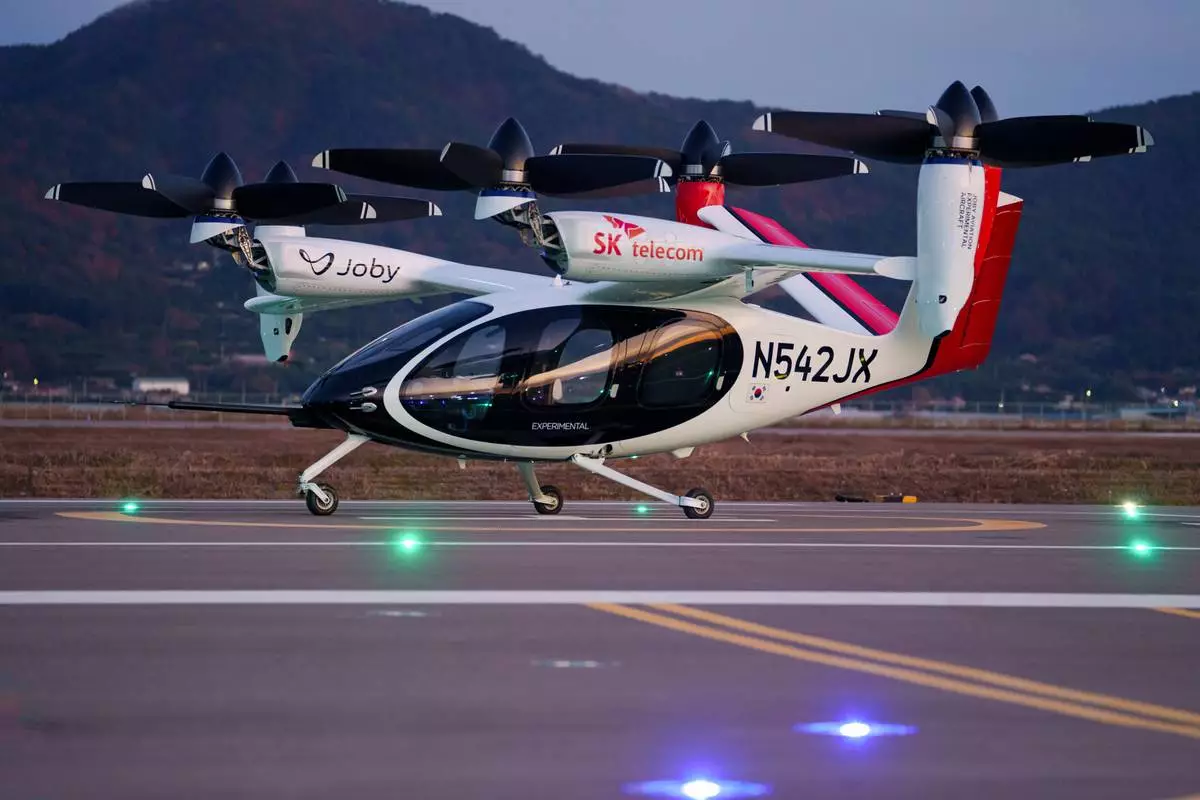
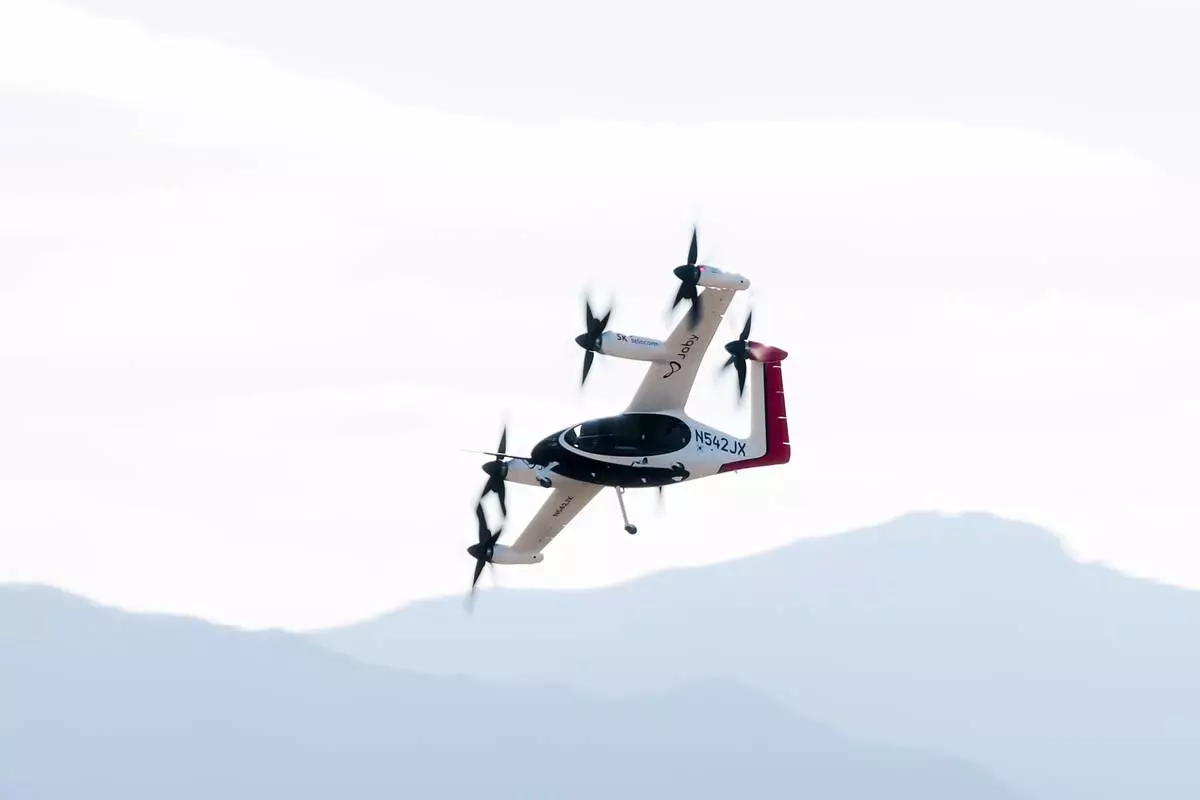
Joby’s electric air taxi was the first to perform demonstration flights in Goheung, Korea, as part of the nation’s K-UAM Grand Challenge designed to support the commercialization of air taxis in Korea. Photo: Joby Aviation
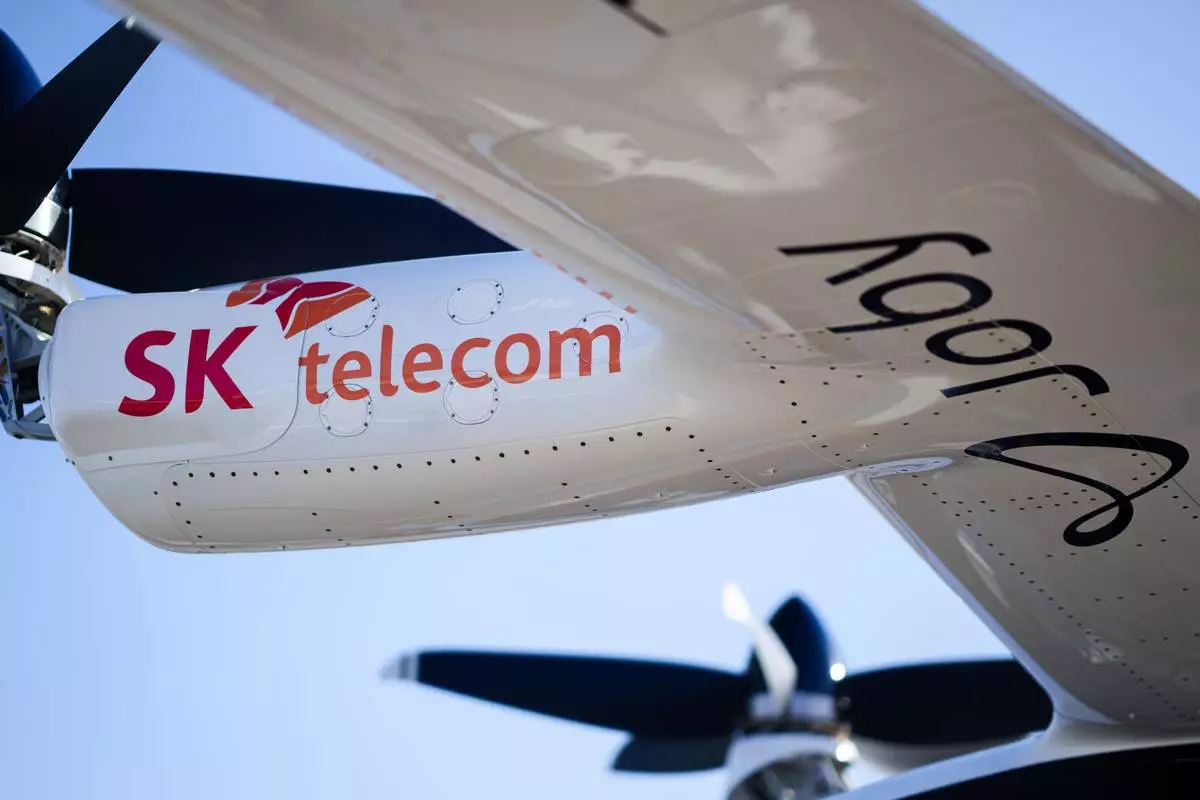
Joby’s electric air taxi was the first to perform demonstration flights in Goheung, Korea, as part of the nation’s K-UAM Grand Challenge designed to support the commercialization of air taxis in Korea. Photo: Joby Aviation

Joby’s electric air taxi was the first to perform demonstration flights in Goheung, Korea, as part of the nation’s K-UAM Grand Challenge designed to support the commercialization of air taxis in Korea. Photo: Joby Aviation


